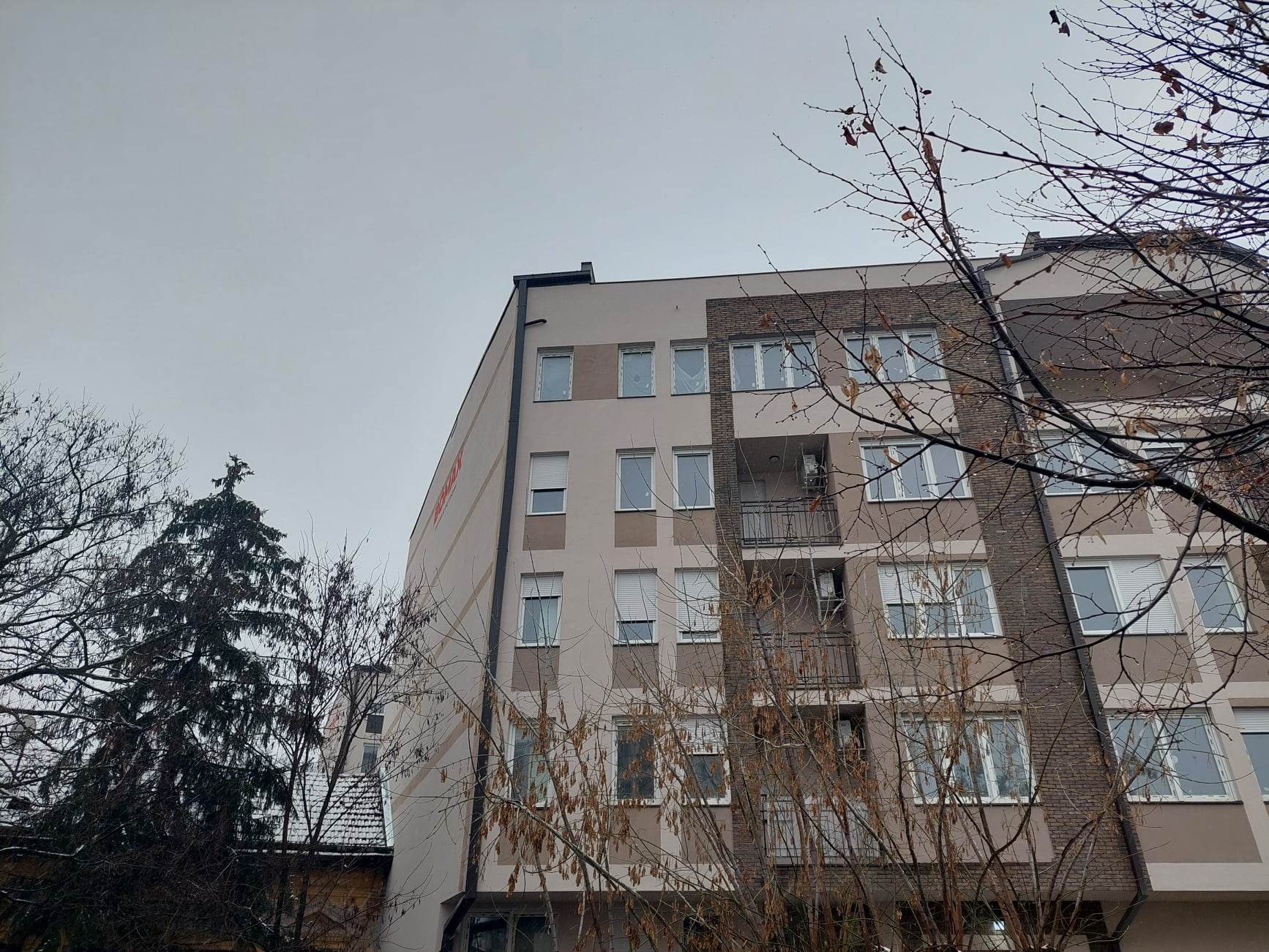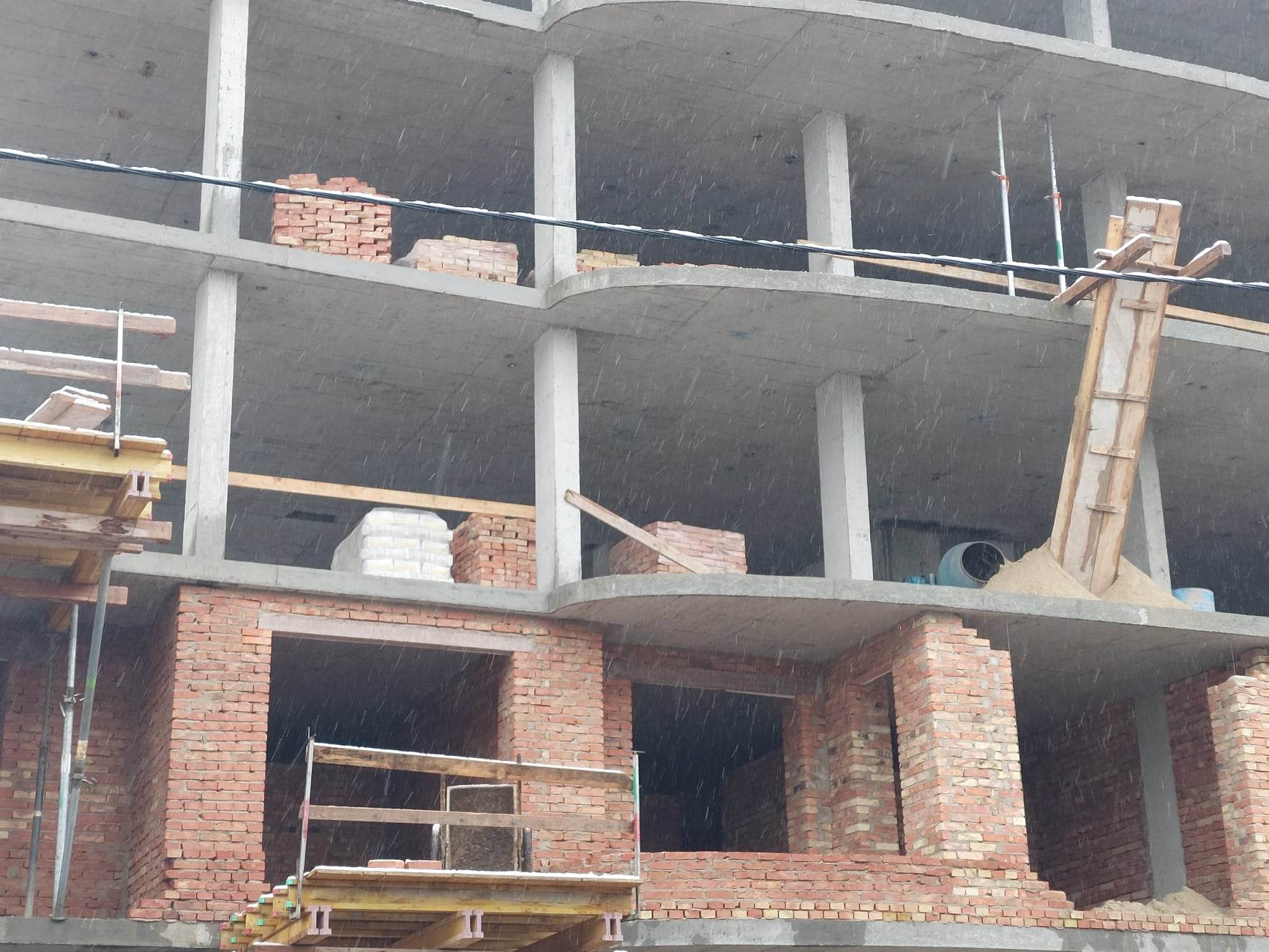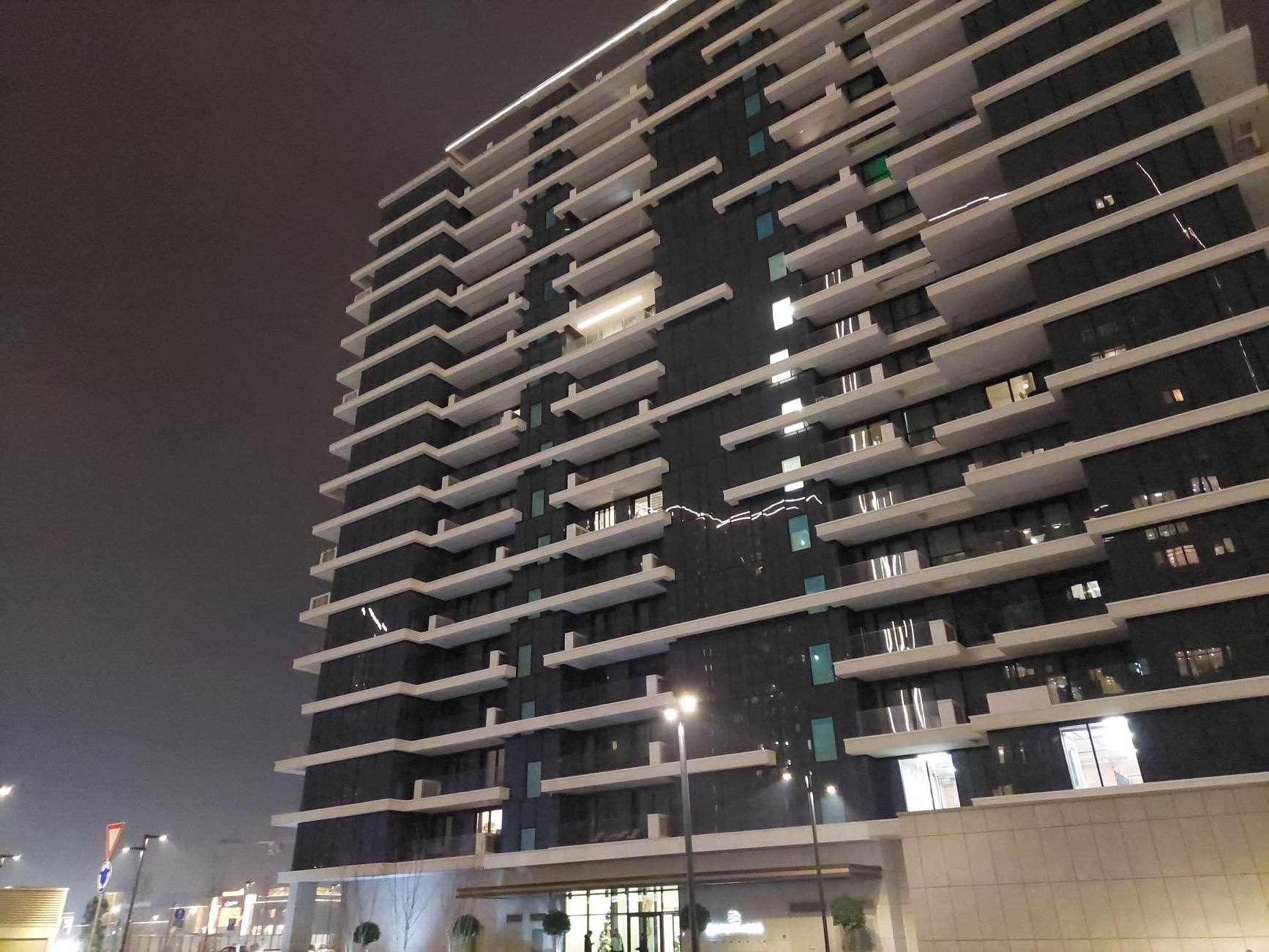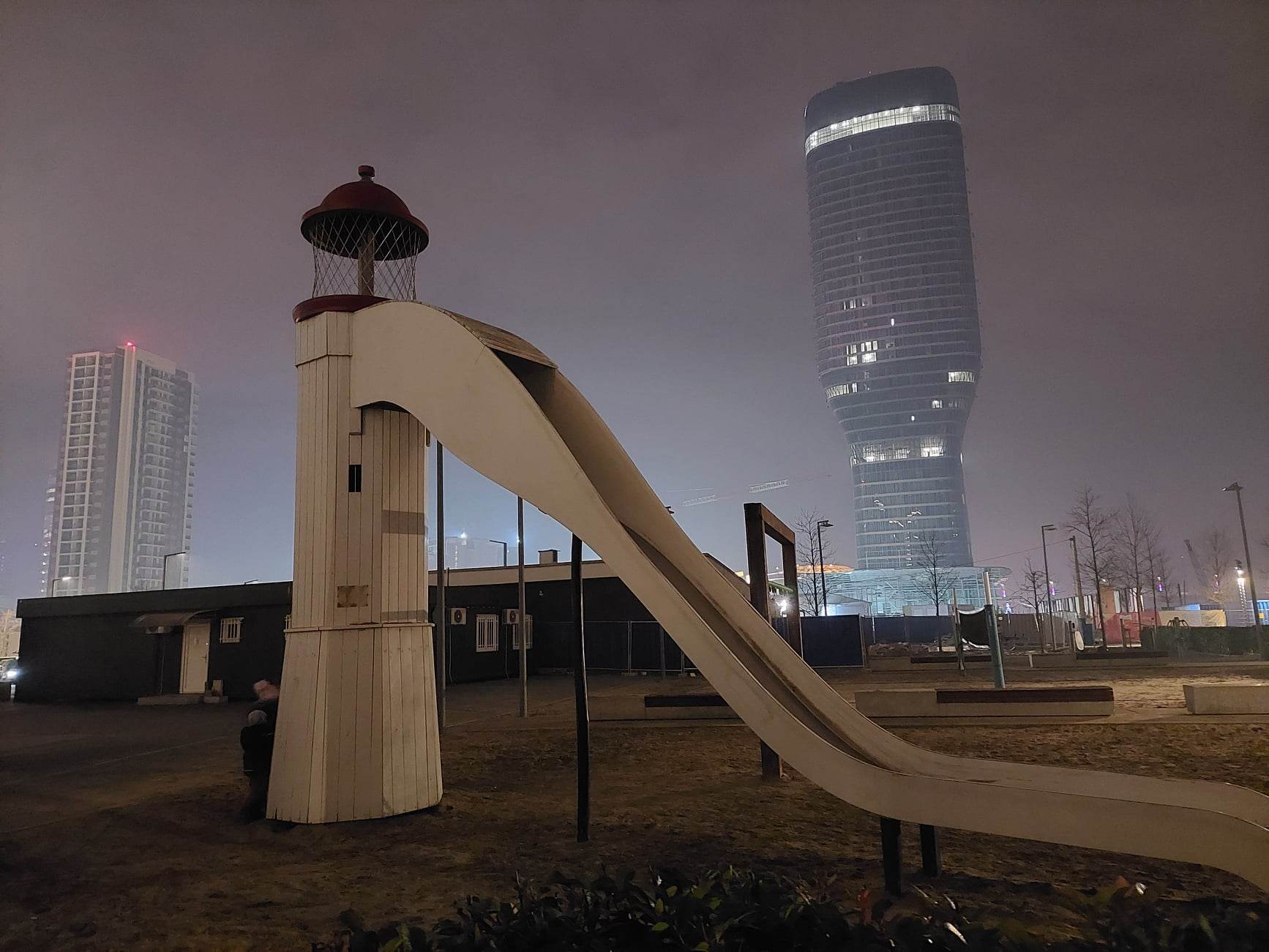
Youths leave family nest late, due to economic reasons
Most young adults in Serbia are stuck in their parents' home for a long time, only moving out at the age of 31, on average. The same figure is even higher in case of men, who are – on average – 33.7 years old when they leave their parents' house. Experts blame the dire economic situation as the main underlying reason, which makes it impossible for the youth to live an independent life using their own salaries.
While most teenagers cannot wait to leave the family nest and start an independent life, people in their 30s often decide to spend a few more years in the family household. The reason is partly the comfort provided by the „mama hotel” and partly that their financial situation does not allow them to separate. To live on their own, they would need to buy or rent a property, and make enough money to pay their bills and run their own households.
Statistics suggest that the salary of a young person is 16 per cent lower on average than that of an older adult, a sum often insufficient to cover even the basic consumer basket, Milica Mutavdzic from the Belgrade Centre for Human Rights explained. Ms Mutavdzic said young employees are abused more easily: they often receive no paid sick leave or overtime compensation, something that they are legally entitled to, which makes it even more difficult for them to become financially self-sufficient. If a person under 30 would like to become independent in Serbia, he or she must work hard and long hours, which leaves less time to have fun and enjoy the pleasures in one’s twenties, Ms Mutavdzic added.

Photo: V4NA
To resolve the issue, we need urgent state intervention, the expert said.
„It’s not that young people don’t want to become independent, it is rather that there moment is never right for that. Half of the young people would leave the country if they could. This shows that something is deeply flawed.”
Ms Mutavdzic told the country’s public media, adding that better conditions should be created to support young people in starting their own life.
Subsidies are needed amidst sky-high property prices
The most important step in becoming independent is having one’s own property. If, however, the family does not have and empty house or flat that can be made available to the young family member, moving to a separate property can be a huge financial burden. The price of real estate has skyrocketed in the past few years in Serbia, which also boosted rental fees. One of the biggest local real estate portals writes that rental fees started to rise significantly in August 2021, after the pandemic. The largest jump, however, took place at the end of 2022, primarily owing to the large number of Russian citizens arriving in the country. According to the portal, it is currently impossible to find a studio apartment for less than 300 euros in central Belgrade, while a two-bedroom flat in the better neighbourhoods costs 500-600 euros per month. This means that even if young people earn the average salary in Serbia (718 euros in December), they would have to spend almost half of their salary on renting a tiny studio, leaving only 400 euros to cover all other expenses.
Buying real estate often remains a dream for young people. Currently, apartment prices are so high that it is impossible to repay a loan from the money they earn. If young people eventually decide to take out a bank loan, they will be stuck in a small flat for decades with their hands tied. Average January prices published by the nekretnine.rs site show that one square metre in central Belgrade costs 3,273 euros. In other words, a 30sqm studio costs roughly 100 thousand euros, the equivalent of 137 months of average pay.

Photo: V4NA
First measures in place
Having recognised the need to help young people become independent and get ahead financially, Serbia’s government has launched several schemes in recent years to reduce the so-called „mama hotel” phenomenon and the massive exodus of young people.
One of the most popular state subsidy schemes supports the purchase of a first home. Anyone buying a new apartment is eligible to reclaim VAT, around 10 per cent of the purchase price amounting to several thousand euros, on condition that they do not already own a property. The subsidy can be used up to 40 square metres plus an additional 15sqm per new residents, and only applies to newly-built homes purchased from the developer.
In addition, women expecting a child can apply for subsidy to buy a home and young people planning to live in rural areas can receive non-repayable grants to acquire a village house. Moreover, property prices in villages are far more favourable than in Belgrade or larger cities in the country.
Another popular scheme called My first salary is designed to help young people get a job and earn fair money. The third round of the programme ended last autumn. It offers job opportunities to people aged under 30 with at least secondary level education and no work experience. During the nine-month programme, the employment service pays beneficiaries with secondary school education 30 thousand dinars (213 euros) per month, while beneficiaries with high qualifications receive 30 thouasand euros (256 euros) per month. Companies can supplement this monthly grant with an additional payment, benefitting both the employee and the employer.

Photo: V4NA
Society’s future is at stake, the psychologist says
The importance of helping young people become independent by all available means is also underlined by psychologist Radmila Vulic Bojovic. Speaking to public media, she emphasized that only independent individuals can create a healthy society, pointing out that only individuals able to take responsibility for themselves can be expected to demonstrate social responsibility.
„We need independent individuals to create social groups capable of making progress,”
the expert explained.

